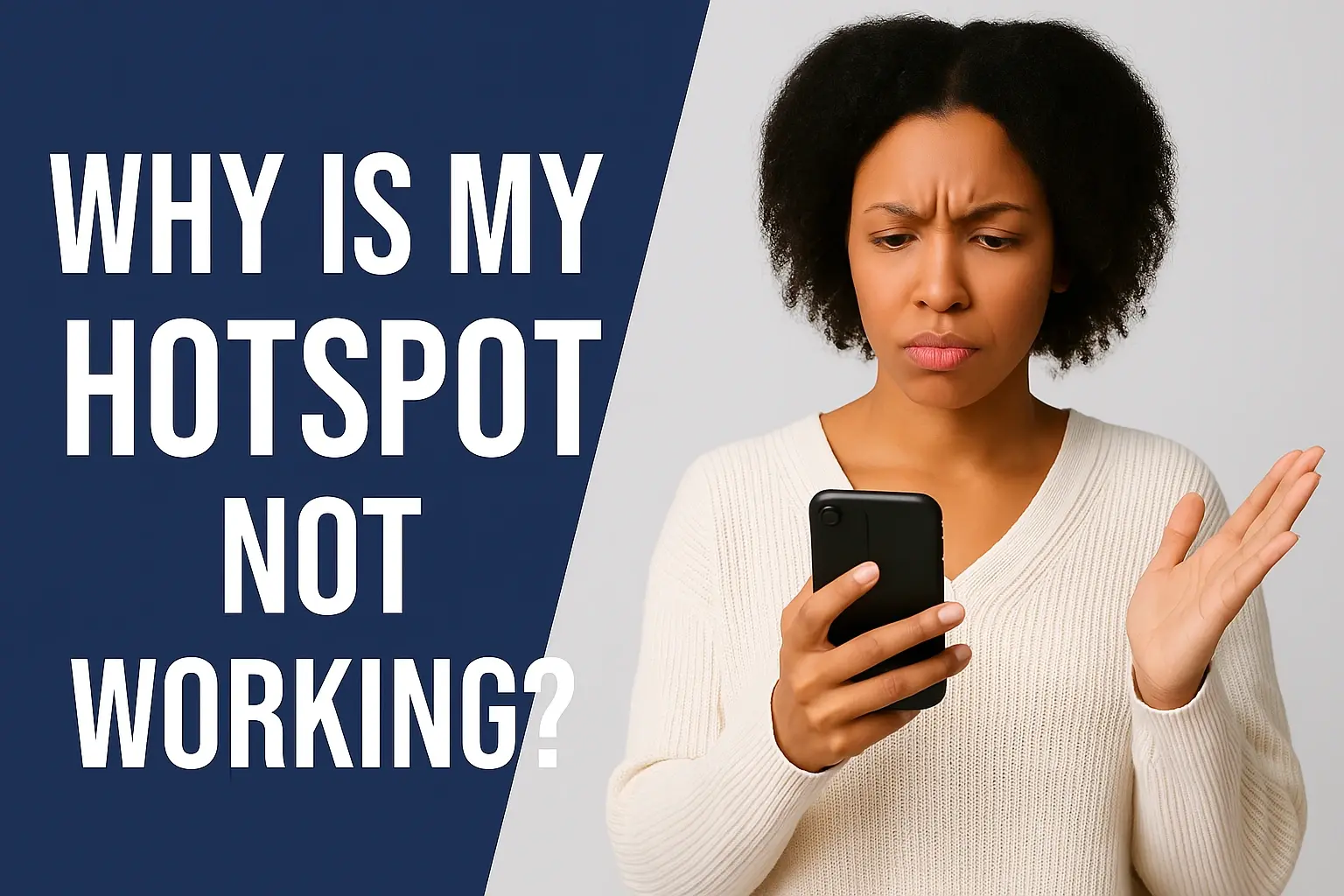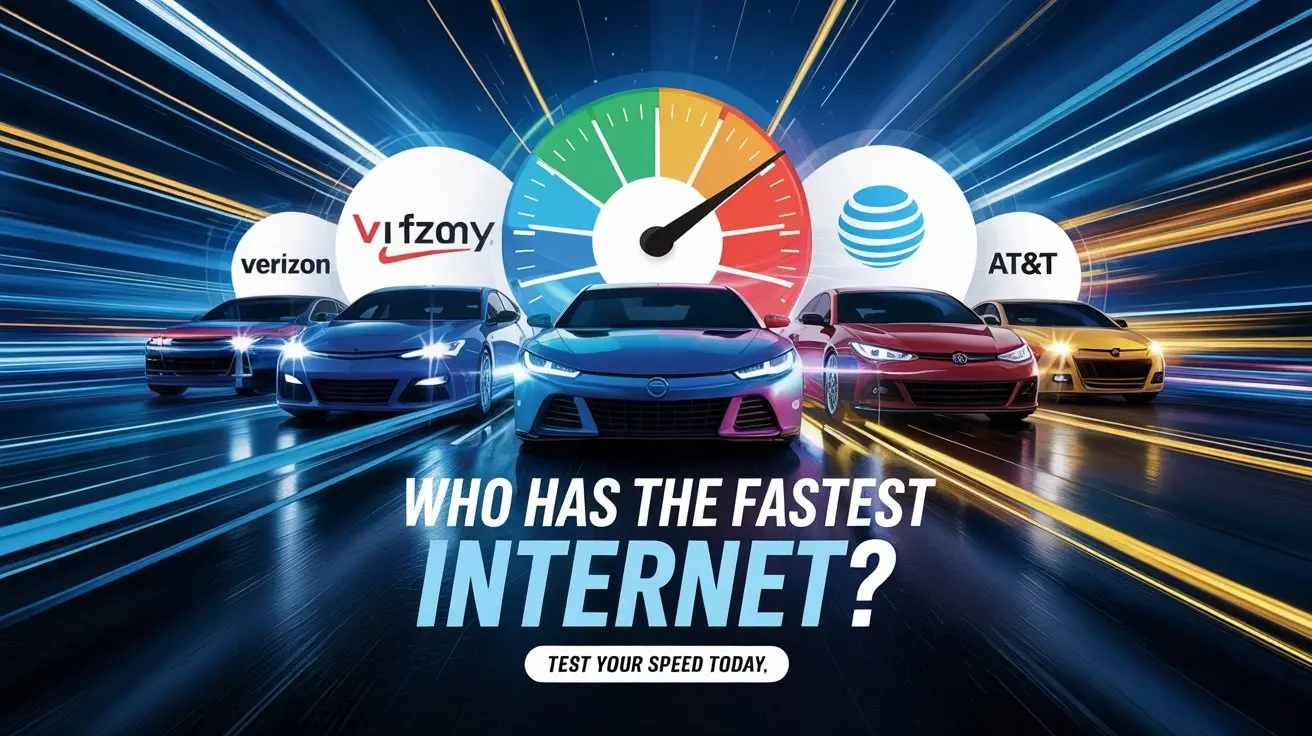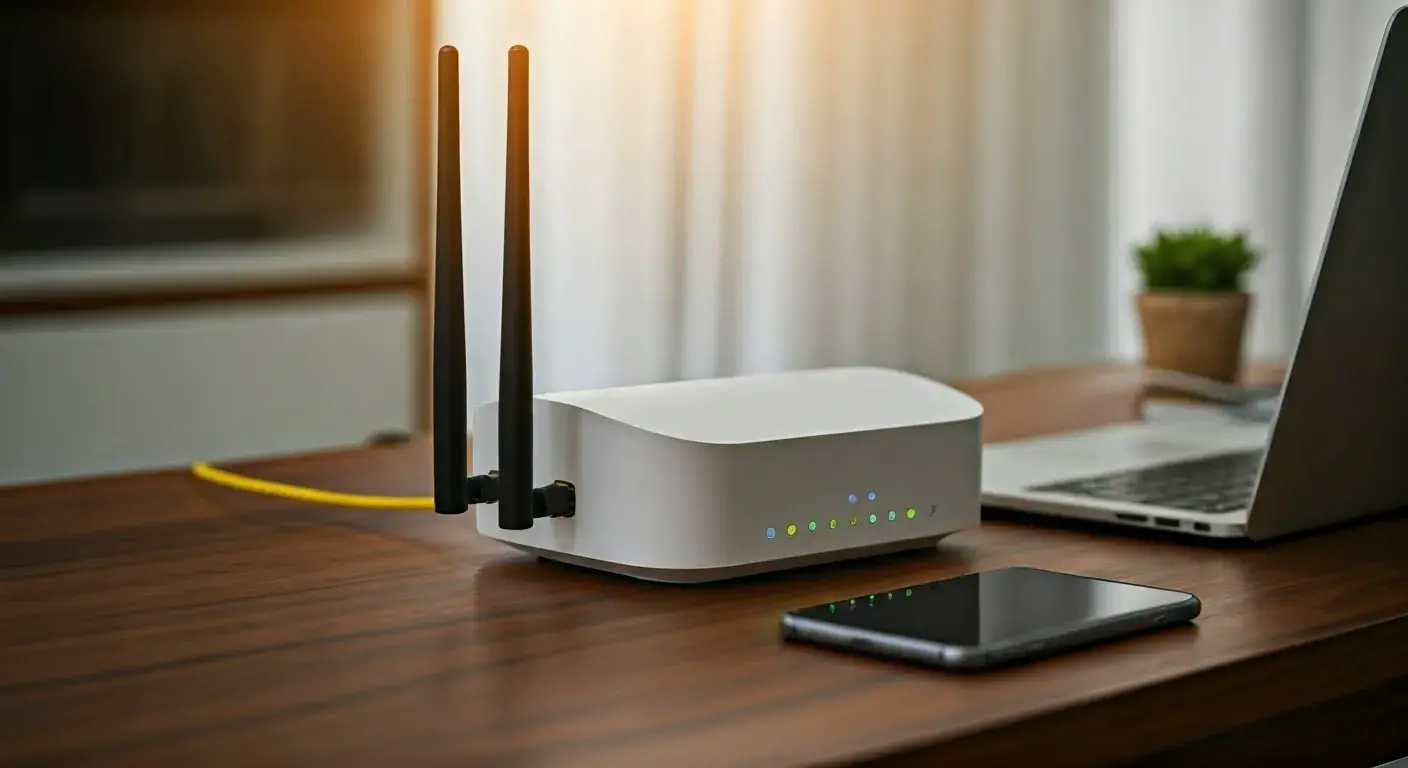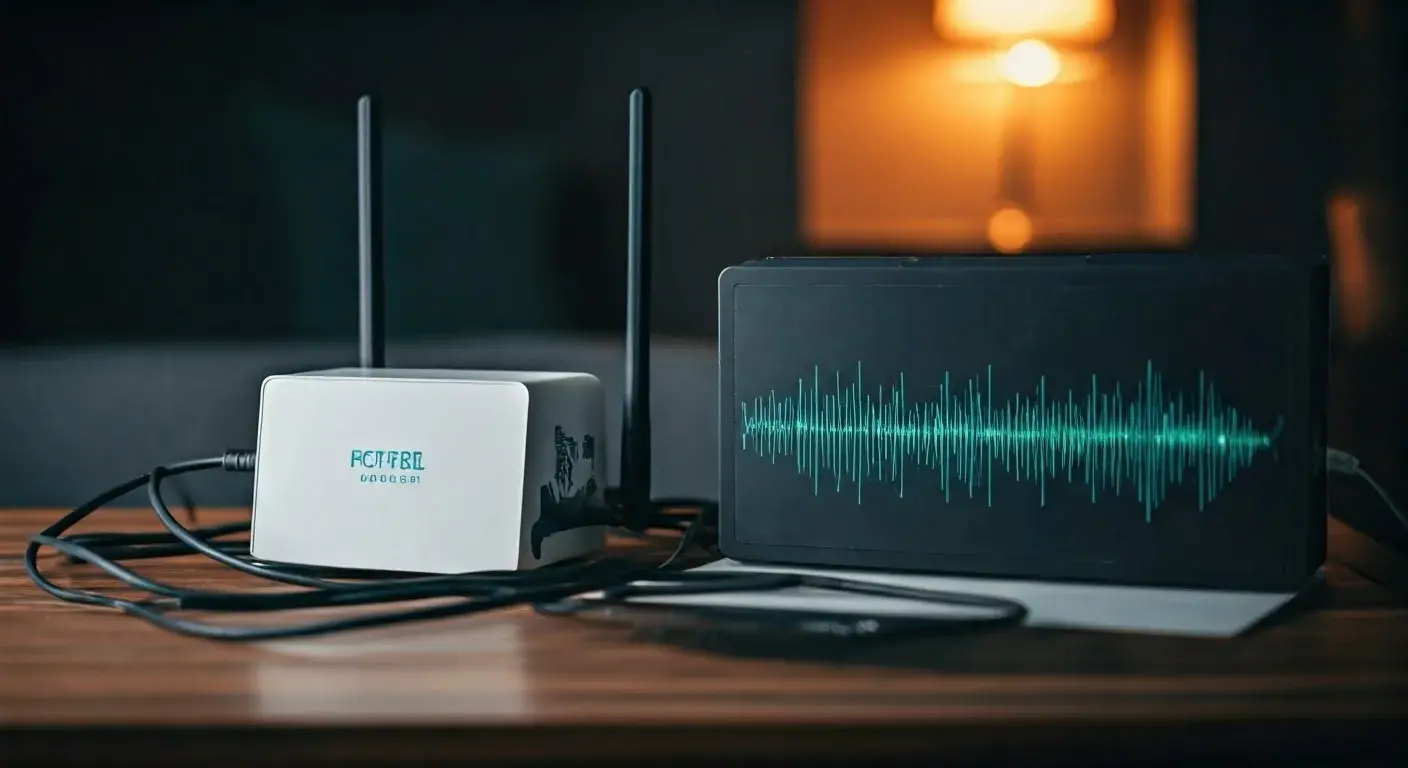DSL vs Cable vs Fiber Comparing Internet Options
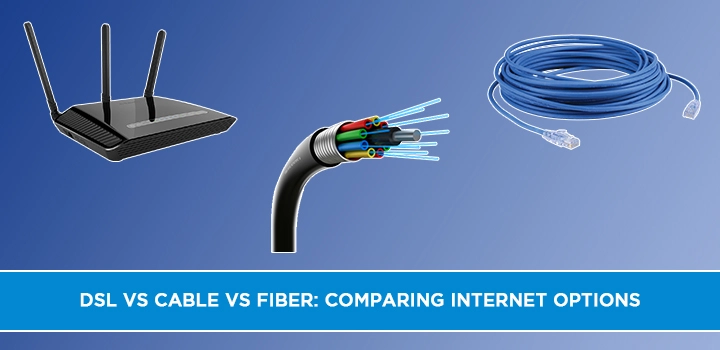
The internet is all around us, and we can't imagine living without it. Internet service providers have a few different options: DSL, Cable, and Fiber. Which one is the best? Let's look at each of these choices to help you decide which one will work best for your needs.
DSL vs Cable Vs Fiber Overview
DSL, Cable, and Fiber are all great ways to get internet. All three offer different benefits and downsides. Here is an overview of DSL vs Cable Vs Fiber so you can decide which one is best for you.
DSL: DSL stands for Digital Subscriber Line. It uses your phone line to connect with the internet service provider. The downside of this type of connection is that it will be slower than other types because you have a limited bandwidth coming from your phone line.
Cable: Cable connects directly to the modem via coaxial cable or Ethernet cable, or even fiber optic cables in some cases - meaning there's no need for a telephone wire to go through your house!
DSL vs Cable vs Fiber Speeds
DSL vs Cable
DSL vs Cable is a hot topic of discussion these days. DSL, which stands for Digital Subscriber Line, is the more affordable option and it works by transmitting data through copper phone lines. Cable, on the other hand, transmits data through fiber optic cables, making it faster than DSL, but also more expensive.
Cable vs Fiber
- Cable internet offers speeds up to 150Mbps, with unlimited data, but is only available in some locations.
- Fibre internet offers speeds up to 1Gbps with unlimited data and is available in most areas. However, installation costs may vary depending on location and distance from the nearest fiber connection point.
Landline telephone lines (DSL): DSL utilizes your telephone lines but doesn’t interrupt your phone use. It’s a step above dial-up internet, but it’s still the slowest of all other modern options. DSL vs cable internet isn’t much of a competition. Examples of DSL internet plans include CenturyLink’s 20 Mbps internet-only plan.
Cable TV lines (cable): Cable internet reaches your home through the same coaxial cables your TV service likely uses. It also offers an improved connection speed over most other internet options. One major perk is that it is widely available — unlike fiber internet. Examples of Cable plans include Spectrum’s 100 Mbps internet-only plan.
Fiber-optic lines (fiber): Fiber optic cables are an imposing development for data transfer. Fibre internet utilizes these optic lines made of many tiny glass fibers. This method sends data at the speed of light since it is not electricity sent through the lines but light. Unfortunately, fiber internet isn’t readily available. Examples of fiber plans include AT&T’s gigabit internet service.
DSL Internet Summary
DSL Internet is a high-speed service that provides DSL Internet to residential and commercial customers. DSL stands for Digital Subscriber Line, which means the data travels through phone lines instead of cables or fiber optic cables. This type of connection is usually more affordable than other types because it uses existing infrastructure to provide broadband service.
Cable Internet Summary
Cable internet is the only home broadband service that can offer customers cost-effectively high-speed internet. The best part about cable is that you will never have to worry about not being able to connect with certain websites or services as it has unlimited bandwidth. Cable Internet provides excellent customer service and is always willing to help with any problems you may be experiencing. If you are looking for an affordable option for your home, talk to your local provider today!
Fiber Internet Summary
Fibre Internet is the latest development in high-speed internet. It is 100 times faster than traditional DSL and cable, with speeds of 1 Gigabit per second. Fibre Internet can also be shared by multiple users at once, making it perfect for businesses that need a lot of bandwidth but don't want to pay for it individually.
How Do Internet Service Connections Work?
Internet service connections can be pretty complicated. There are a lot of different factors that determine the quality and type of internet service you're going to get, like your location, your router type, how many people in your household use the internet daily, the list goes on! But we're here to break it down for you, so that understanding internet service becomes less daunting.
We'll start with an internet connection and some basic terms related to it (just in case this is all new), then talk about the two main types of connection: DSL and cable. We'll finish by discussing what you should consider when choosing an ISP provider. It's not as hard as it sounds!
The Takeaway: Fiber Is King, but Isn’t Widely Available
Fiber is the newest form of internet connection, and it has quickly become one of the most common types. It handles data more efficiently than DSL or cable connections do to keep up with the ever-growing demand for information on a global scale. Imagine how much faster you could stream Netflix if your computer were connected by fiber instead!
Fiber networks are essential to our society’s future infrastructure because they allow us access to high-speed internet at all hours from home or work without having any issues such as slowing down due to peak use periods. Fibre also provides consistent speeds, which means no buffering while watching movies online, like when using slower connections that can be interrupted quickly during busy times in cyberspace.
Whether you're looking for the best internet service provider, availability varies by location, but finding the best providers near you is easy with Ctvforme. We’ve done the research to help you compare pricing, speeds, features, and more from 50+ of the State’s best internet providers, all in one place. You’ll find our US location map and tips for finding the right provider.
Call on (855) 210-8883 to choose the best Internet Options now!
